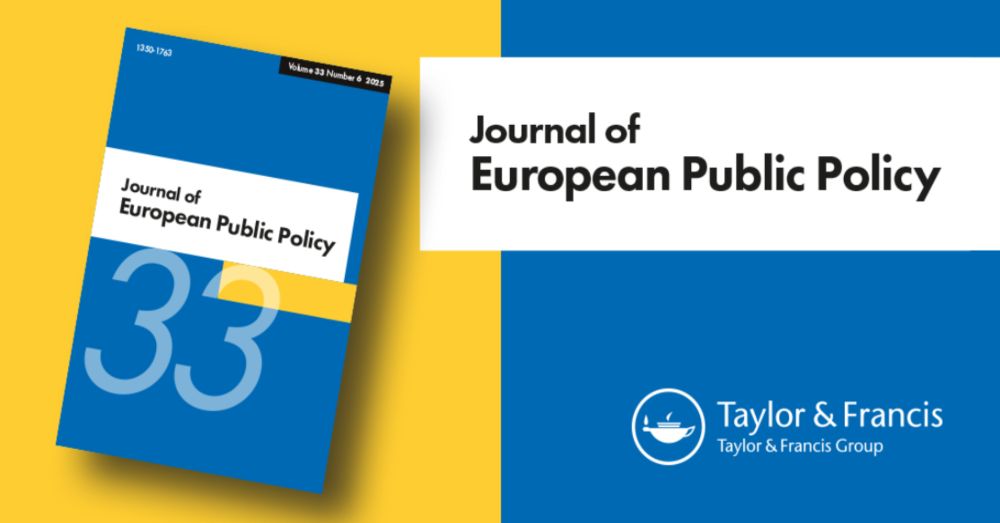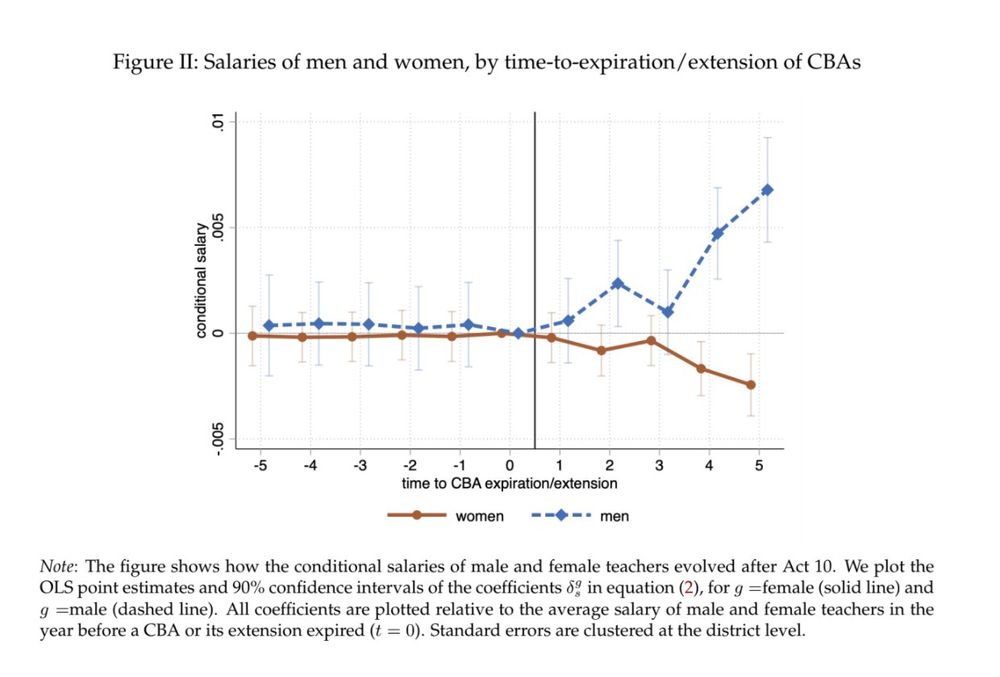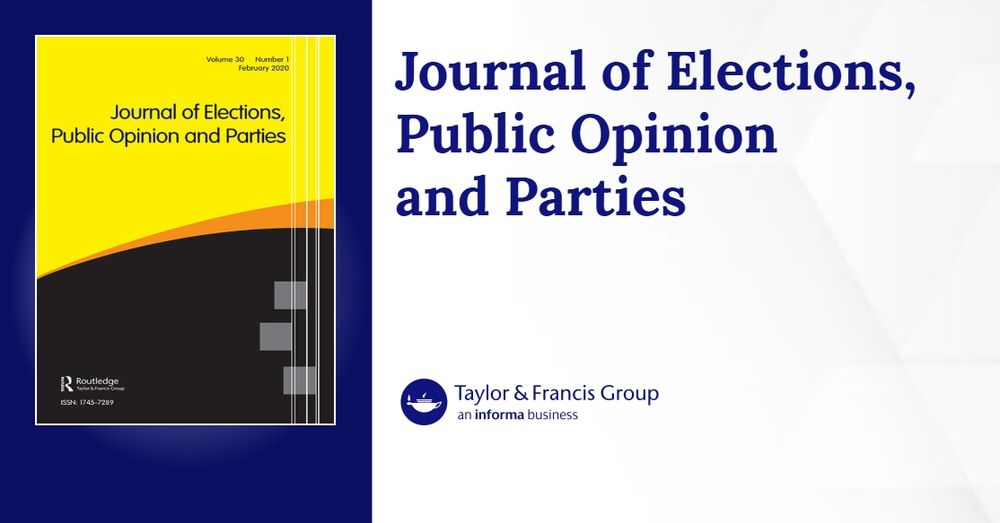Matthew E Bergman, PhD
@mebergman.bsky.social
97 followers
150 following
5 posts
Associate Professor at Corvinus University of Budapest; Former post-doc at UniWien Government and Director/Lecturer UCSD Law & Politics
📝 OECD Comp Institutions/PE/Voting/Parties & populi*
👨🏫Policy/Legal Analysis, Research Methods, PE, Electoral Systems
Posts
Media
Videos
Starter Packs
Reposted by Matthew E Bergman, PhD
Cas Ⓜ️udde
@casmudde.bsky.social
· Aug 3
Reposted by Matthew E Bergman, PhD
JEPP Journal
@jeppjournal.bsky.social
· Jun 30

Government ideology and labour policy reform in good times and bad
Which governments implement interventionist or liberalising labour policy reforms, and does the economic context matter? Drawing on the previous literature on government ideology and public policy,...
www.tandfonline.com



